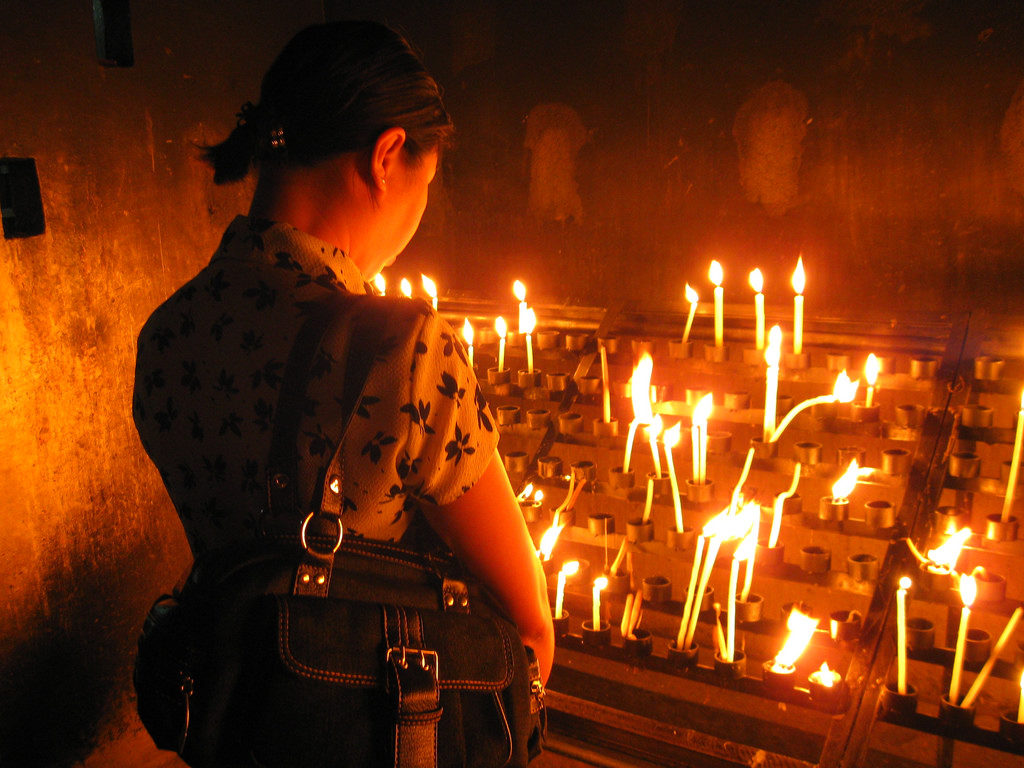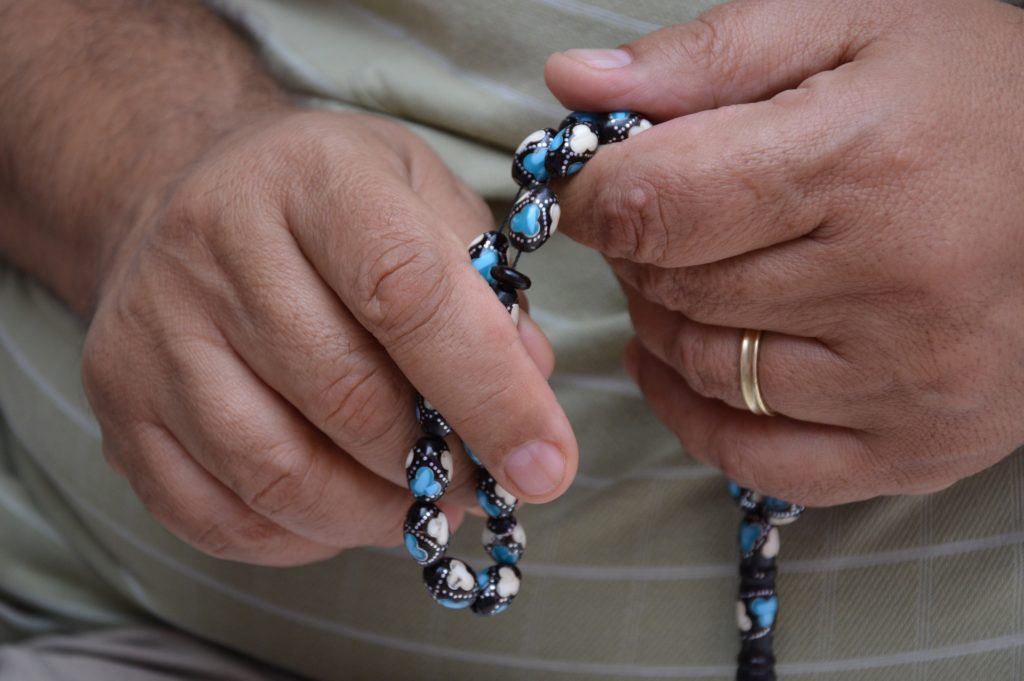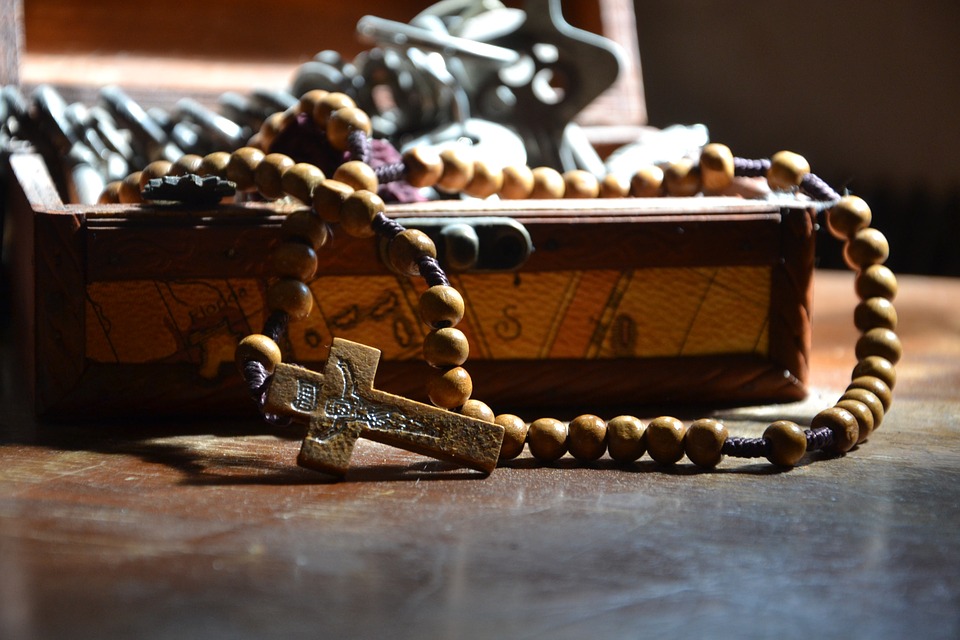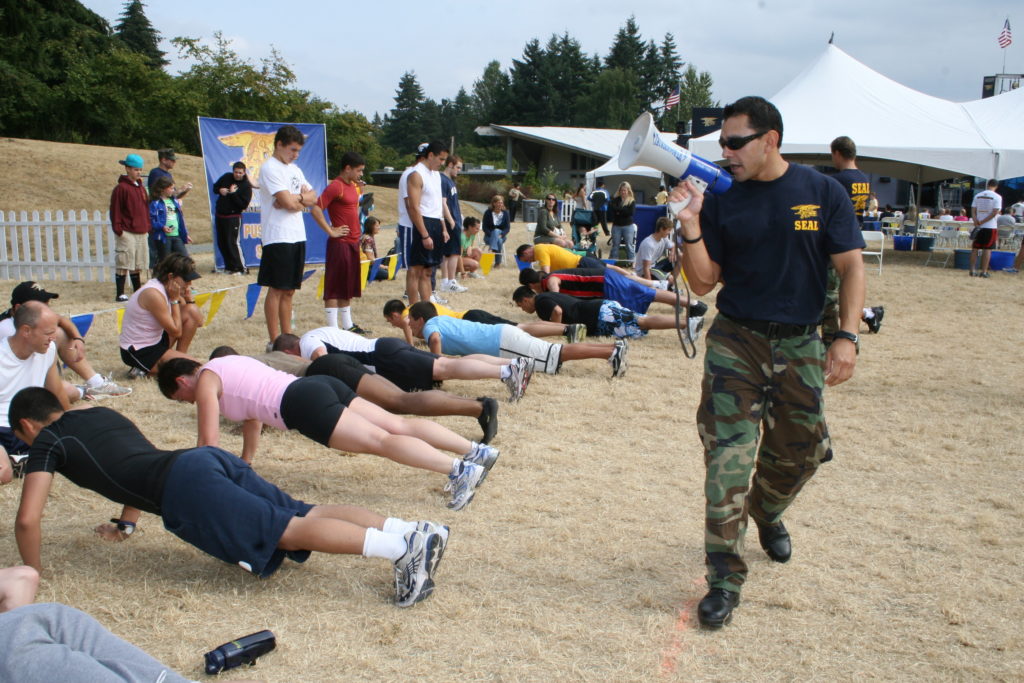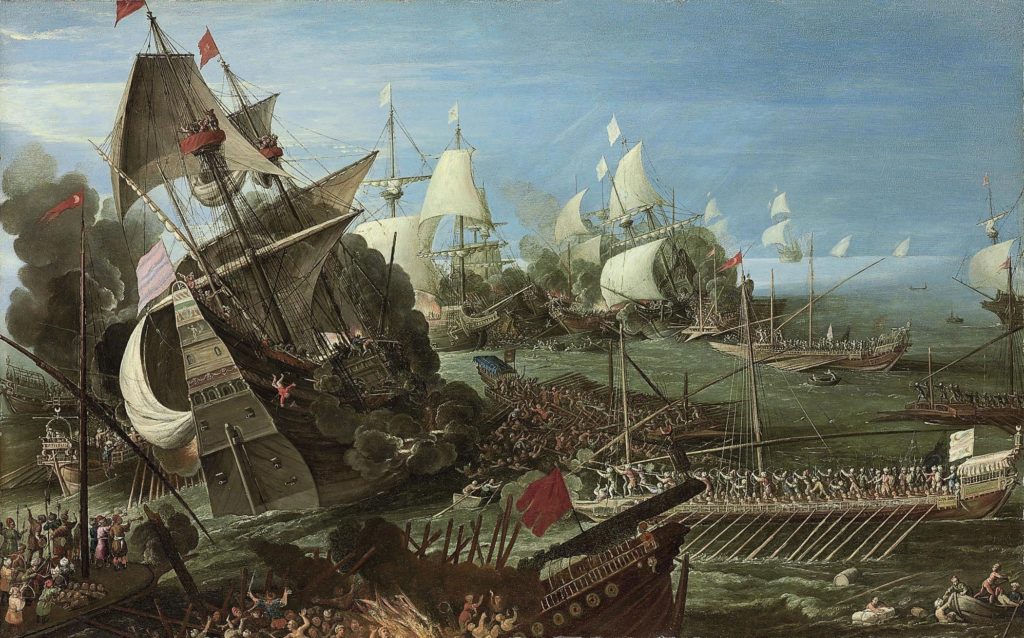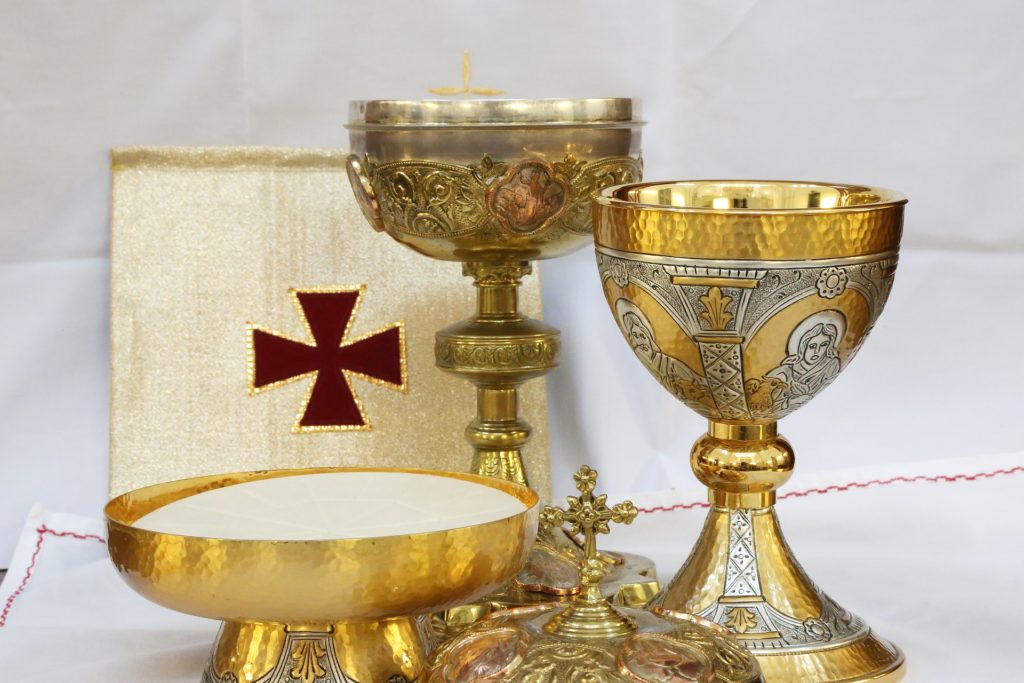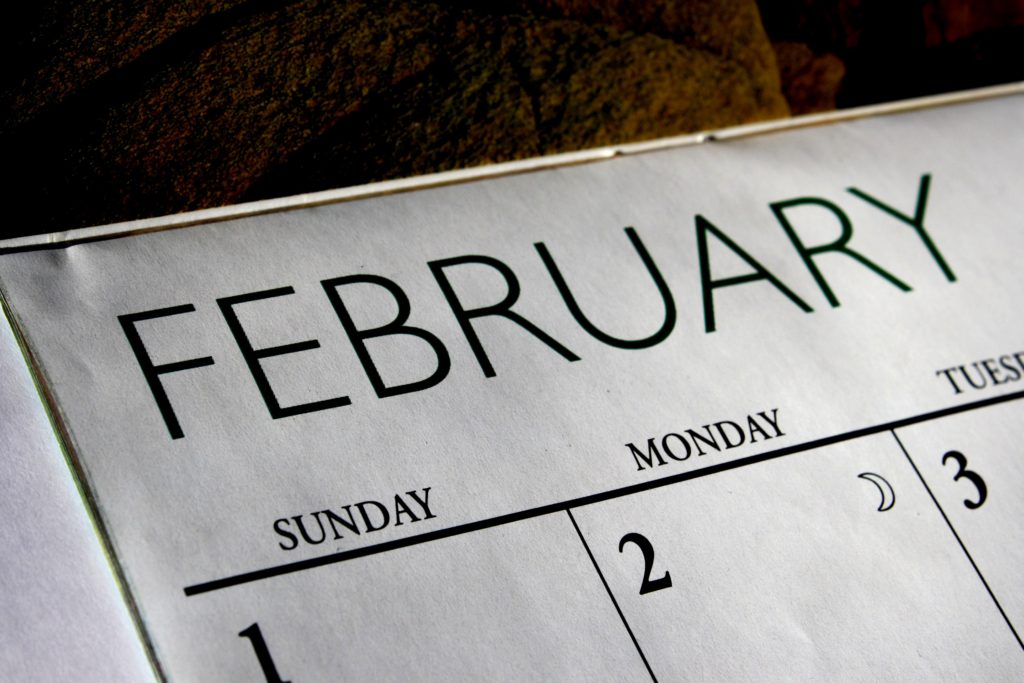How the Rosary Improves Your Soul’s Health
I know I’ve talked about living a spiritually healthy lifestyle in previous posts. It looks like I’m not the only one who believes in the importance of practicing good spiritual hygiene. I came across a post on spiritual healthy living on Catholic Exchange the other day which espouses many of the same themes I’ve pushed […]
How the Rosary Improves Your Soul’s Health Read More »

